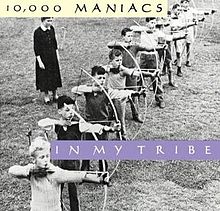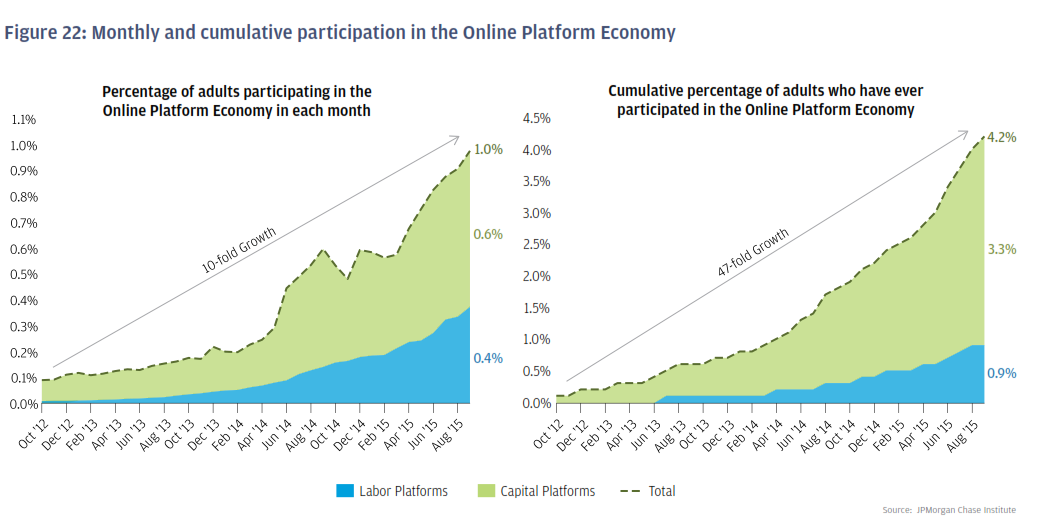We are pretty sure robots will take all the jobs - just not OUR job
File this item under the 'We all hate Congress, but we keep re-electing our representative every two years' or 'the roads are full of idiot drivers but no one ever admits to being not such a great driver'.
Take a look at a couple of charts from a recent Pew Research Center survey of 2,001 American adults that attempted to gauge American's perceptions and opinions about the automation of work and jobs.
From Pew Research:

Let's crack open that nut a little, shall we?
According to the survey, a large majority of Americans, 65%, of expect that within 50 years robots and computers will “definitely” or “probably” do much of the work and take over the jobs that are currently occupied by us humans. Kind of makes sense, right? Even if you don't follow the 'robot' beat that closely you have probably at least heard some of the doom and gloom predictions about the upcoming robot takeover.
But just like no one thinks they are a bad driver, when asked about their own jobs and the likelihood they would be replaced by robots and automation, the results were a little different. An even greater share (80%) expect that their own jobs will remain largely unchanged and exist in their current forms 50 years from now.
So while 11% of the survey respondents are at least somewhat concerned that they might lose their jobs as a result of workforce automation, a larger number are occupied by more immediate and practical concerns – like being replaced by lower-paid human employees, broader economic and industry trends or bad management by their employers.
What to take from this, especially as we think about our own careers?
Probably the big takeaway is to not be naive about the chances that technology and automation may have on our jobs, companies, and industries in the near to medium term. You can't let yourself fall into the trap of thinking 'Well, I can't be automated. What I do is too special, unique, complex....'. It's only the call center agents and factory workers that have to be concerned.' That's a gamble you might regret later on.
Someone, actually many someones are going to be automated out of work in the upcoming years.
Don't let it surprise you when the robot comes looking for you.

 Steve
Steve


